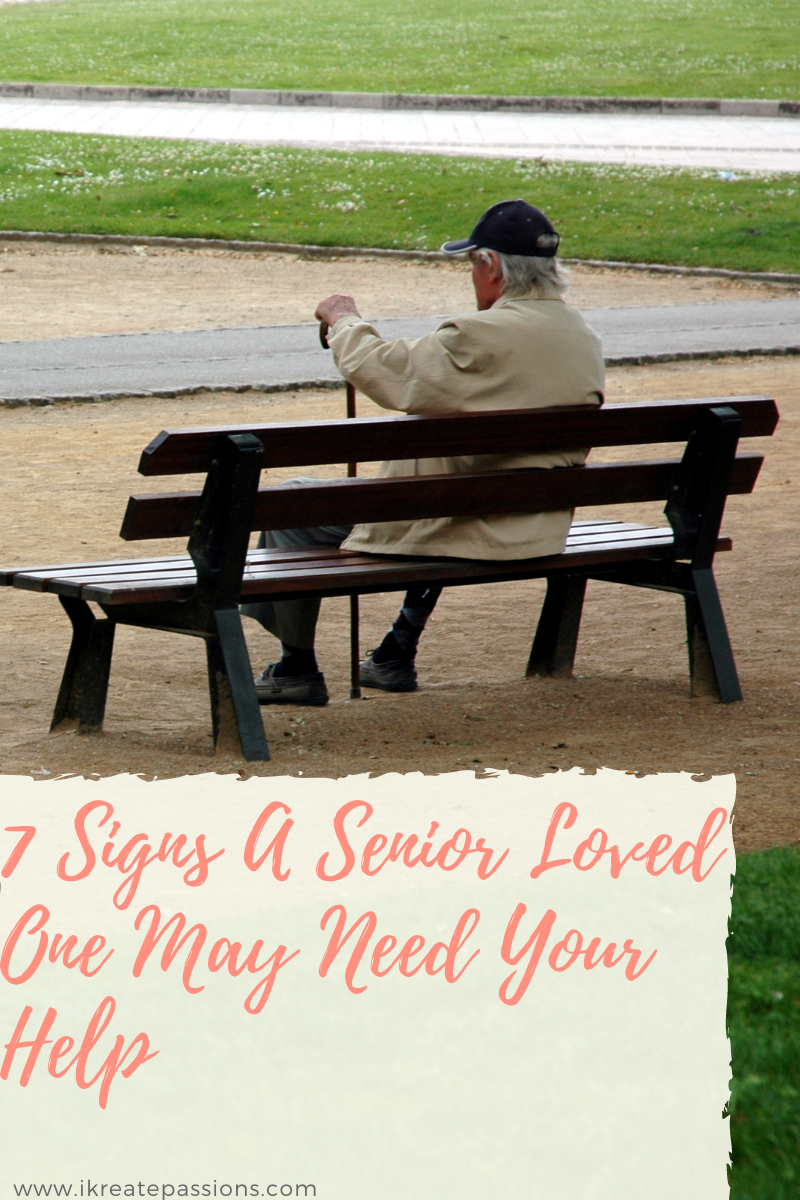Many of us are used to seeking support from older loved ones, however there may come a time when they need our support.
Most people experience some form of physical or mental deterioration during old age. Some people are able to continue living independently their entire life, however for a lot of people the deterioration becomes so great that they require assistance with daily tasks. On top of this, older people can face other challenges such as loneliness, financial struggles and inability to keep up with technology.
It’s important to check in on senior loved ones to make sure that they are coping. By looking out for certain signs, you can determine whether your loved one may need some help. Below are just some of the telltale signs that a senior loved one may require your support.
They regularly get confused or forgetful
Many of us become more forgetful and prone to confusion as we get older. This may not necessarily be a sign of dementia, but it can be.
Your loved one may need your help if they are regularly getting lost, not turning up to appointments, forgetting to take medication or misplacing important items like their wallet or keys. For their own safety, you may need to monitor them.
They keep developing unusual injuries
If a loved one keeps developing bruises and cuts, or has suffered multiple fractures recently, it could be a sign that they need your help.
Injuries could be due to mobility issues or health conditions like osteoporosis. Loss of vision due to conditions like cataracts could also lead to injuries. Such injuries are something that you should continuously look out for, even when a parent is in care – although care patients shouldn’t develop injuries, cases of neglect and abuse can still occur, which may require you to connect with a nursing home abuse attorney to seek compensation.
They’re not looking after their appearance or personal hygiene
Failing to look after one’s physical appearance or personal hygiene is another sign that something is wrong.
They may no longer have the physical capacity to dress and wash themselves, or they may be getting confused or forgetting to do it. Whatever the case, they clearly are having trouble looking after themselves and likely need help with tasks such as getting dressed and bathing.
Their home is unusually cluttered, messy and disorganized
If your ageing loved one is a typically house-proud person and you’ve noticed that their home is starting to become a bit of a mess, this could be another worrying sign.
It’s possible that your loved one may no longer be able to handle the physical demands of keeping a home clean and uncluttered, possibly due to mobility issues or fatigue. Alternatively, it could be an early sign of dementia if items are being placed in odd locations and routine cleaning tasks are not being done. At this stage, they may need to move in with or they may need a carer to come round and help with household tasks.
There are dents and scratches on their car
Have you noticed damage to the exterior of their car? Deteriorating health can make driving more difficult, which may lead to more accidents – this could be due to reduced reaction, loss of vision, confusion or mobility issues.
If this is the case, they may need to start driving accompanied or rely on someone else to drive.
They have late payment letters/checks keep bouncing
A lot of older people run into financial problems as a result of a reduced income in retirement. If an older person is becoming forgetful, they may also lose track of bill payments and lose the ability to budget.
Late payment letters in their home or checks that bounce are a couple signs that something is not right. It is possible that they may need help managing their finances.
They seem depressed or lonely
Many senior citizens develop depression or loneliness. This is particularly the case if they have experienced the loss of a spouse, friends or siblings – they may feel that they have no peers left to talk to. Being housebound as a result of physical deterioration may also cause loneliness and depression.
By regularly checking in with older loved ones, you can keep them company and help to lift their mood. If you live locally, consider popping by and maybe consider taking them out once in a while for lunch or a daytrip if they’re always stuck in the house. If you don’t live locally, you can still reach out via phone or social media (if they have it).


